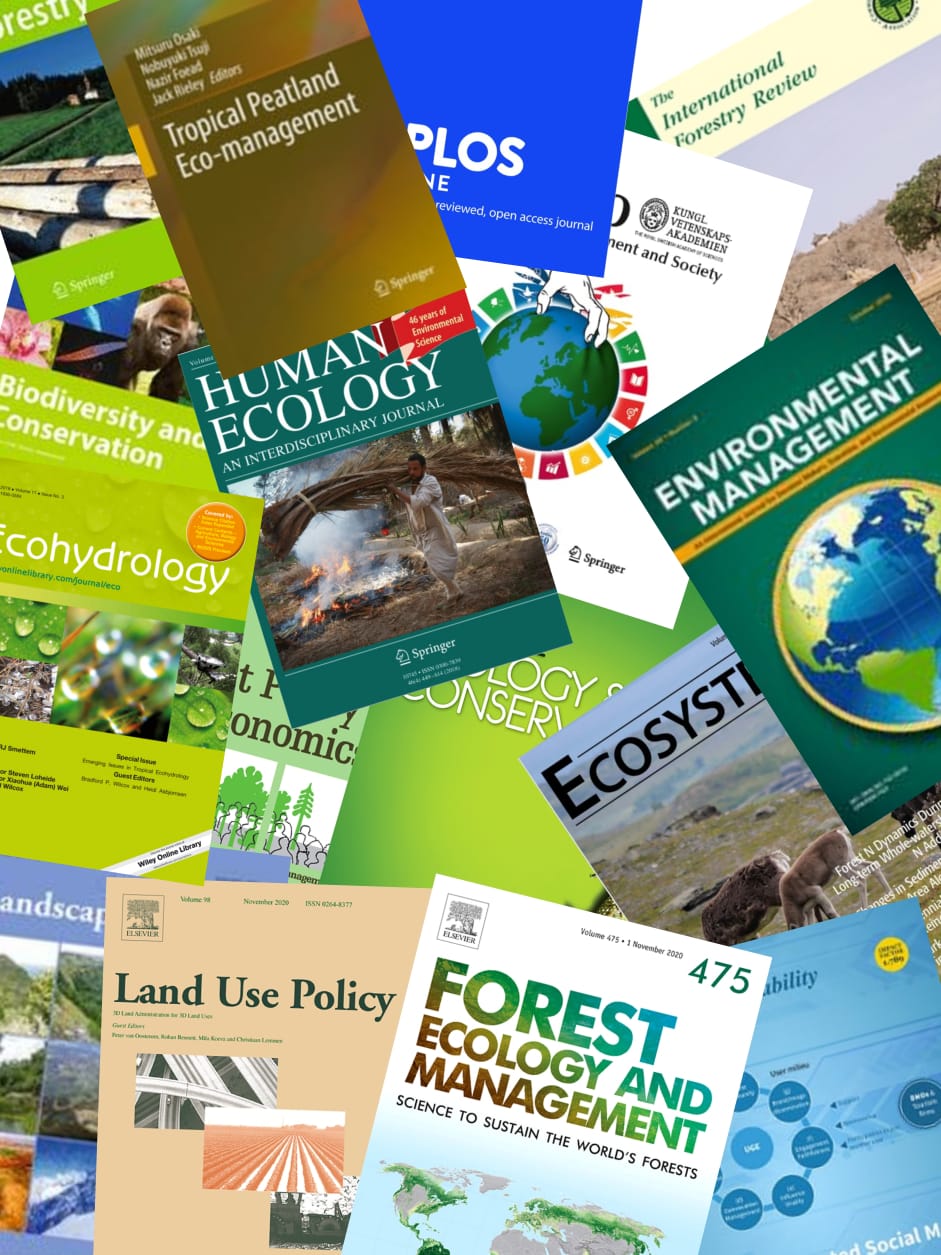Transboundary air pollution, popularly known as the 'haze', is a recent but significant environmental crisis in Southeast Asia, and is primarily the result of Indonesian forest fires. We identify that the fundamental motivation behind the practice of clearing forestland with fire by the polluters is economic in nature. We then argue that the major victims of the forest fires and haze are likely to play a vital role in the solution of the problem, at least by motivating the polluters, even if they cannot force them not to pollute. Thus, the polluters and victims can be regarded as the 'stakeholders' who would take interest and participate actively in the policy regime. A regional model is developed to analyze and specifically to take account of the states responsible for and affected by the haze. The problems of the affected resident population, the forest industries, and the role of the regional governments are modeled. The model also highlights the importance of key variables in determining the severity of the haze, namely the magnitude of the investment in fire fighting, risk mitigation, and scale of fire operations; including forecasting weather conditions. We argue that optimal policy options should simultaneously satisfy the economic needs of the key stakeholders to be effective.
View source

